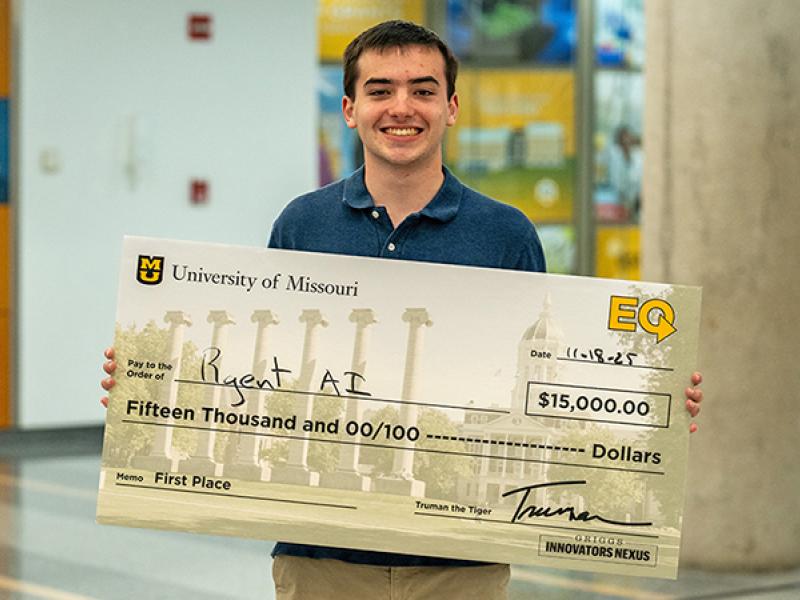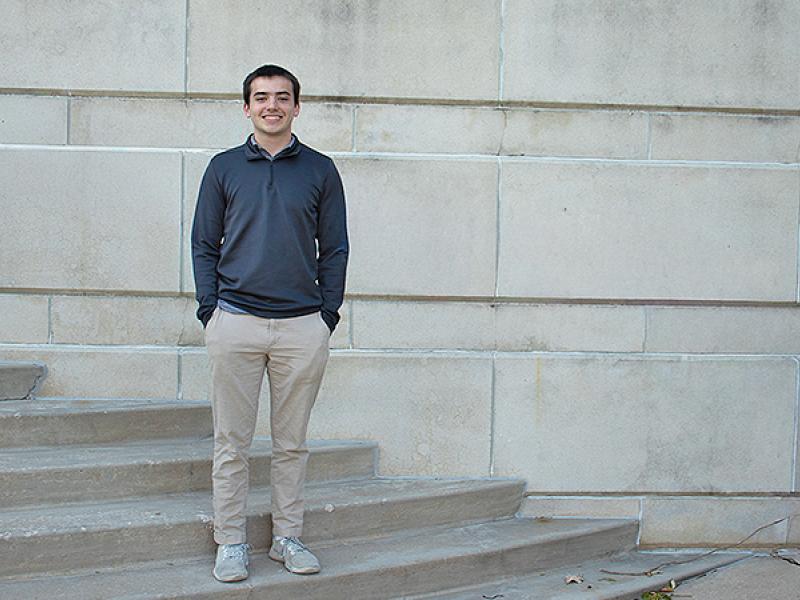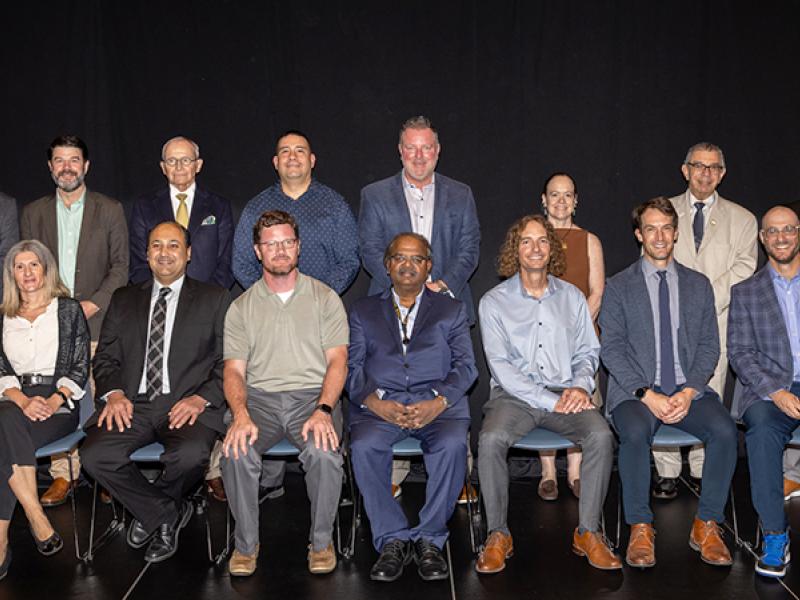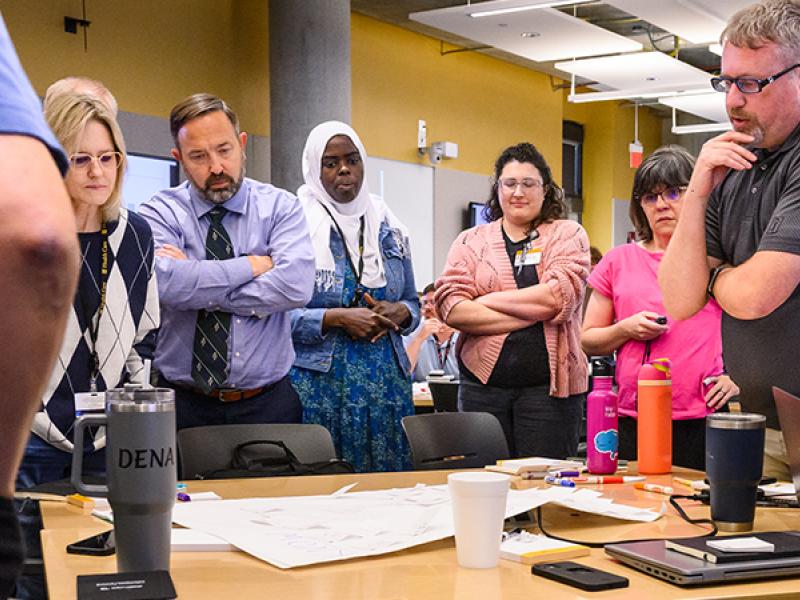
Peter Tonellato, PhD, has joined the MU School of Medicine as director of the newly created Center for Biomedical Informatics (CBMI). Tonellato brings more than 30 years of experience and mathematics expertise to the role, and he has initiated similar multidisciplinary centers at other academic medical institutions. Tonellato also is a professor in the Department of Health Management and Informatics.
“We’re excited to welcome Peter Tonellato to the School of Medicine, where his expertise will help move our school’s biomedical informatics and precision medicine initiatives forward,” said Patrick Delafontaine, MD, dean of the MU School of Medicine.
Tonellato has a doctorate in applied mathematics from the University of Arizona and most recently held posts at Harvard Medical School and Brigham and Women’s Hospital, and at the Zilber School of Public Health at the University of Wisconsin, Milwaukee. He has led initiatives to study, test and predict the accuracy and clinical efficacy of genetic discoveries and accelerate their translation to practical clinical use.
“Peter’s expertise will be a wonderful addition to the medical school and to our university as a whole,” said Jerry Parker, interim senior associate dean for research at the MU School of Medicine. “He understands the challenges of implementing translational programs and has experience working through these issues to move initiatives forward.”
To his new role, Tonellato brings an applied mathematics approach to biomedical informatics initiatives with a specialty in simulations and mathematical modeling. As director of the Center for Biomedical Informatics Research, Tonellato will work across disciplines to connect basic science, mathematics and health care research across campus while moving forward MU’s precision medicine initiative.
“We have surprisingly good progress already,” Tonellato said, adding everything he was told during the interview process is coming to fruition. “In practice, I am experiencing the support, implementation of vision and aligning and leveraging of current efforts to a common translation research to precision medicine vision and charge.”
During his time at other academic health centers, Tonellato has become aware of the challenges associated with advancing precision medicine initiatives. At MU, he said he’s seen a consistent, thoughtful approach to move forward together to address challenges.
“My previous efforts, though successful, were more as a PI executing a grant and hiring expertise as needed,” Tonellato said. “Here, I am one of several individuals all with a common purpose, each leading a group with its own expertise. Together, we form a tremendous, multidisciplinary team solving a collection of beautiful problems requiring the collective team’s effort. In spite of this complexity, our efforts, like those of the larger MU Health, are clearly purposed – to use genetics and the sophisticated methods of translational, precision medicine for the singular purpose of improving patient outcomes.”
Tonellato recently served as senior author on a paper published in Circulation: Cardiovascular Genetics that outlines a new method for simulating clinical trials with simulated subjects – “clinical avatars” – generated from real patient data. The researchers applied the method using a complex mathematical process to test warfarin therapy among simulated older adults. The researchers found standard warfarin therapy worked well for two-thirds of participants; however, for the remaining third of participants who were younger or had rare genes, standard warfarin therapy led to dangerous complications. The study demonstrates how simulated patient data could inform precision medicine treatments and reflects the type of work Tonellato will conduct at MU.





